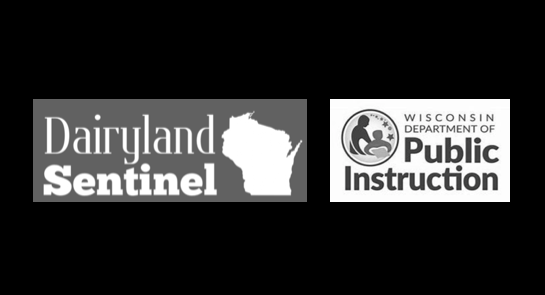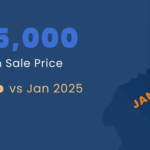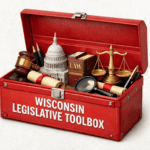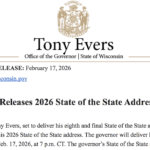Delafield, WI – May 27, 2025 – The Wisconsin Department of Public Instruction (DPI), led by State Superintendent Dr. Jill Underly, announced today, that it has convened a group of education leaders to review and recommend updates to the performance rating thresholds for the state’s school and district report cards. The initiative aims to ensure the accountability system remains valid, fair, and aligned with current educational expectations, according to a DPI statement. However, this development comes as the DPI continues to face scrutiny for withholding public records related to earlier changes to state education standards, raising questions about transparency in Underly’s administration.
The DPI’s latest effort involves a panel of over two dozen education leaders from public, private choice, and charter schools across Wisconsin. The group, guided by the state’s Technical Advisory Committee and facilitated by the Center for Assessment, will meet virtually in June 2025 and in-person in August to review and propose new score ranges for the report cards’ accountability ratings. These recommendations will be submitted to Underly for adoption and implemented in the 2024-25 report cards, set for release in fall 2025. “Just as you wouldn’t rely on a decade-old GPS to find your way today, we can’t use outdated performance benchmarks to guide school improvement,” Underly said.
The report cards, mandated by Wisconsin law (Wis. Stat. 115.385), evaluate schools and districts across four priority areas: Achievement, Growth, Target Group Outcomes, and On-Track to Graduation. Ratings range from one star (Fails to Meet Expectations) to five stars (Significantly Exceeds Expectations). The DPI stated that evolving state laws and performance metrics over the past 15 years necessitate this review to maintain an accurate and meaningful accountability system. Additional details on the process are available in an informational handout on the DPI’s Office of Educational Accountability webpage.
However, the Dairyland Sentinel remains concerned about the DPI’s lack of transparency, particularly regarding its handling of a public records request we filed on January 21, 2025. As of May 27th—126 days later—the DPI has refused to provide the requested documents, which include communications, analyses, and meeting records related to controversial changes to the Forward Exam’s performance benchmarks and grading terms.
These changes, enacted under Underly’s direction, have been criticized by elected officials of both parties, including Democratic Governor Tony Evers, as lowering state education standards and obscuring student performance data. Although, Evers later vetoed legislation that would have reversed Underly’s changes to the standards and terminology.
Under Wisconsin’s Open Records Law (§§19.31 to 19.39), public agencies are required to provide records unless specific exemptions apply, which the DPI has not cited in this case. The delay has fueled broader concerns about accountability at the DPI, especially as Underly, recently re-elected, faces criticism from both parties. “The standoff is about more than test scores—it’s about the public’s right to know and our desire to hold public officials accountable for their actions,” the Dairyland Sentinel reported on March 26, 2025. The DPI’s sole response to our request was an email that directed us to a report, linked on their website. Wherein on page 322 there began a list of nearly 100 experts who reportedly supported the changes. This response obviously falling short of addressing the specific records sought.
The DPI’s push to update report card ratings follows earlier modifications to the accountability system that have drawn skepticism. Critics, including the Wisconsin Institute for Law & Liberty, (WILL) argue that changes to the Forward Exam and report card calculations have made it harder to compare school performance year-over-year, potentially masking declining academic achievement.
“Instead of focusing on declining academic achievement in Wisconsin, the Department of Public Instruction is working to hide the problem.,” said WILL’s research director, Dr. Will Flanders, a year ago when those changes were first uncovered. “Unfortunately, changing standards for political correctness and to avoid accountability will hurt students today, tomorrow, and long into the future.”
The Institute for Reforming Government has also raised concerns, with Senior Research Director Quinton Klabon stating last November,, “Parents expect honesty and consistency about how their children’s schools are doing. Instead, DPI keeps changing the formula.”
As the DPI moves forward with its review of report card ratings, the Dairyland Sentinel continues to press for the release of the requested records to shed light on the rationale behind prior changes to state standards. The public deserves clarity on how decisions affecting Wisconsin’s students are made, particularly when trust in the DPI’s transparency is already strained.














